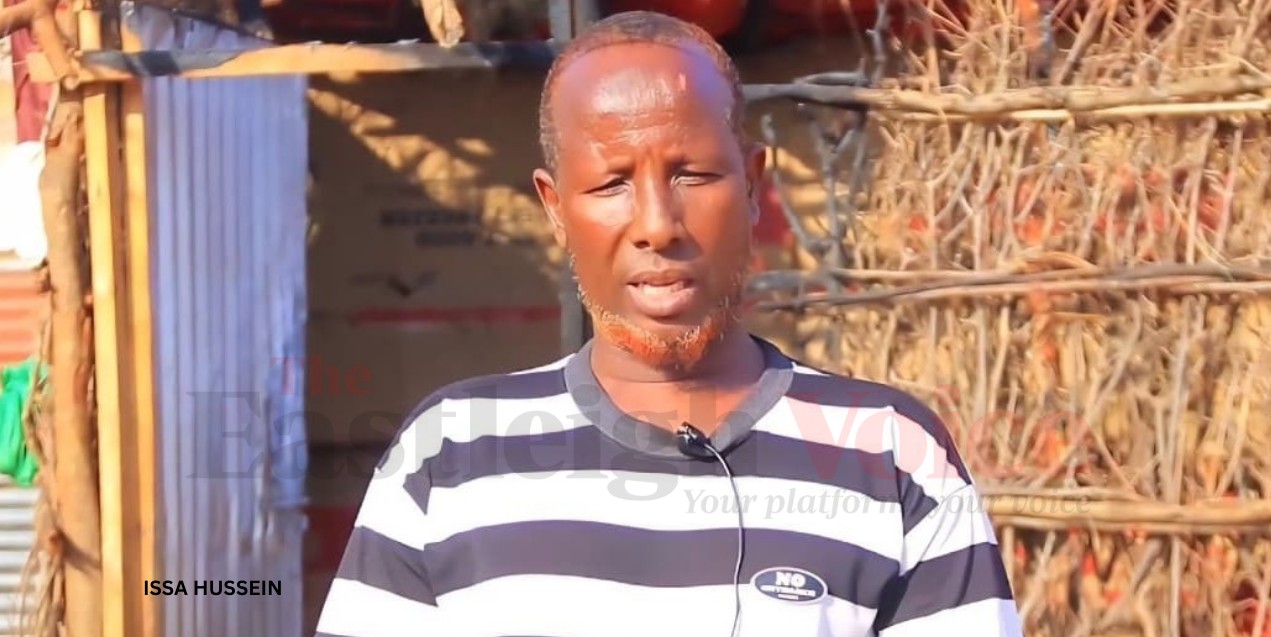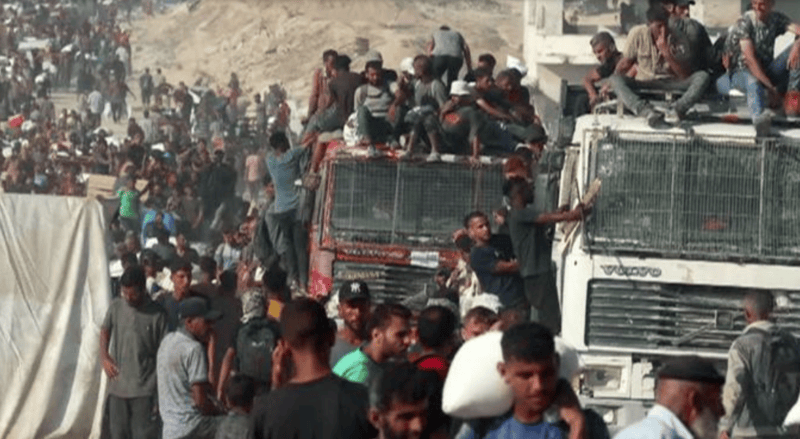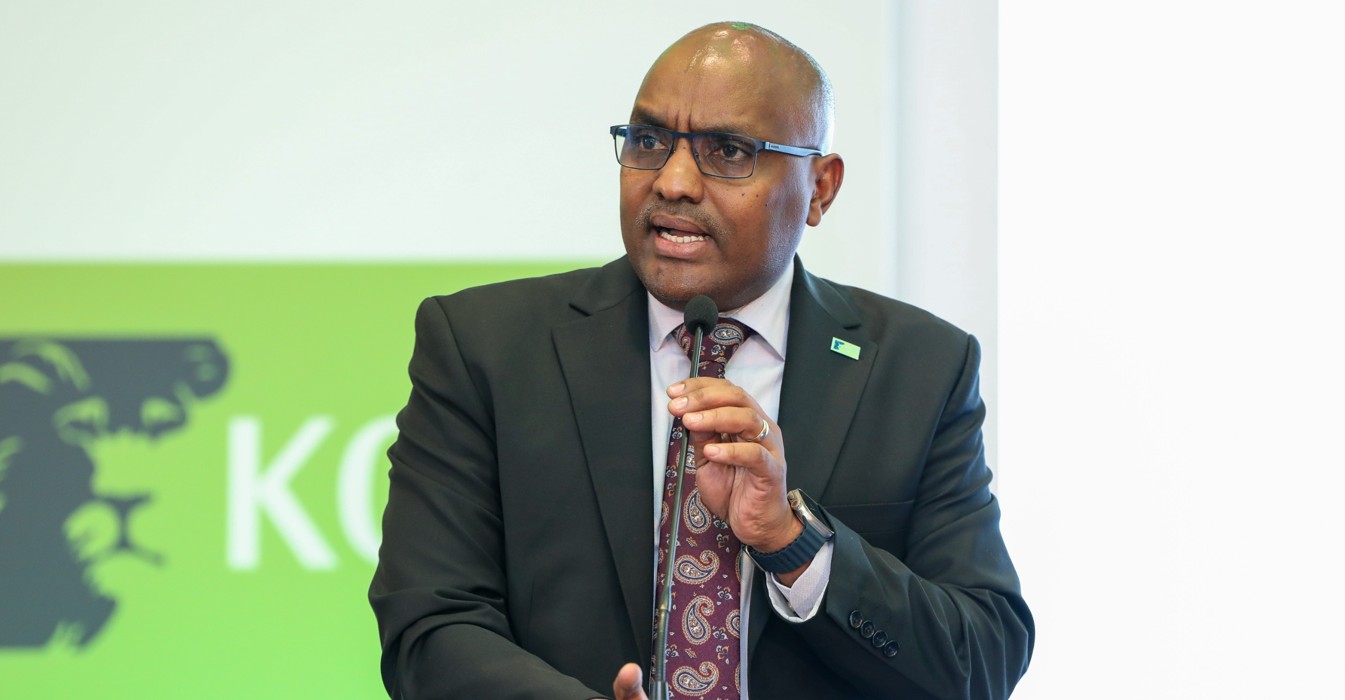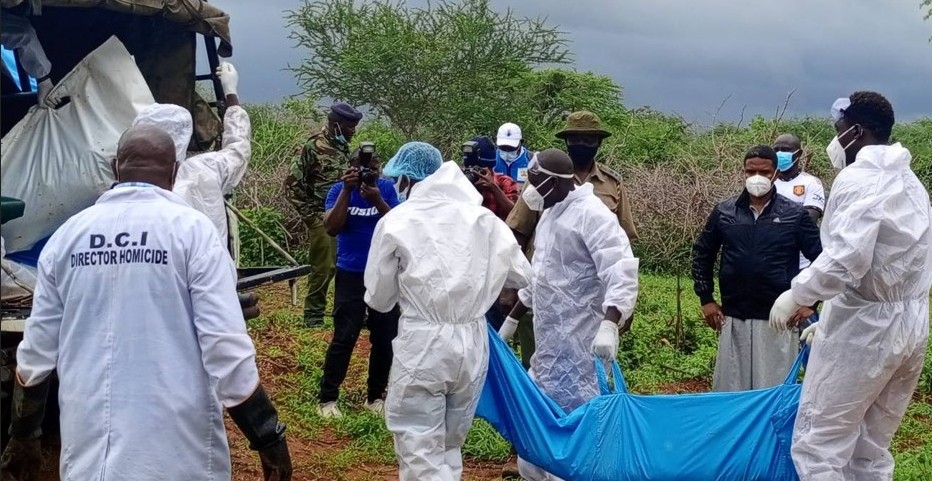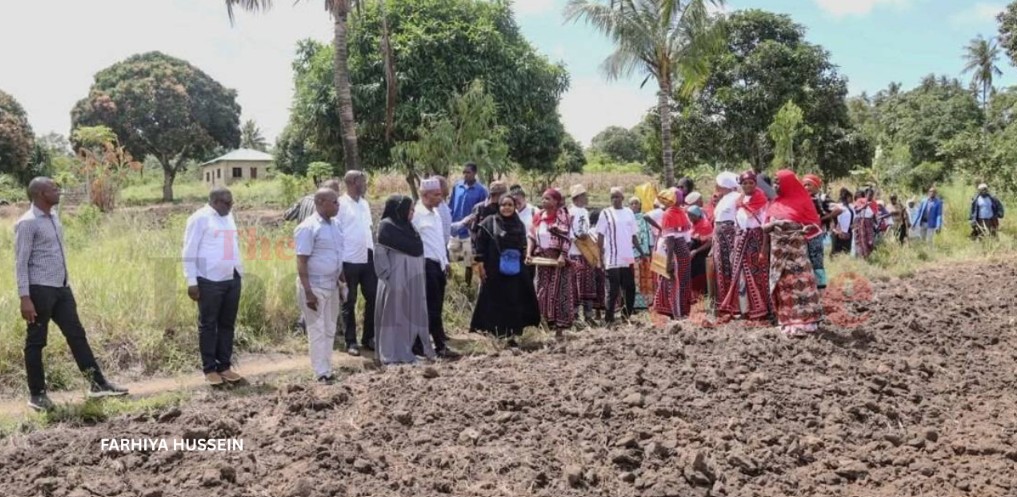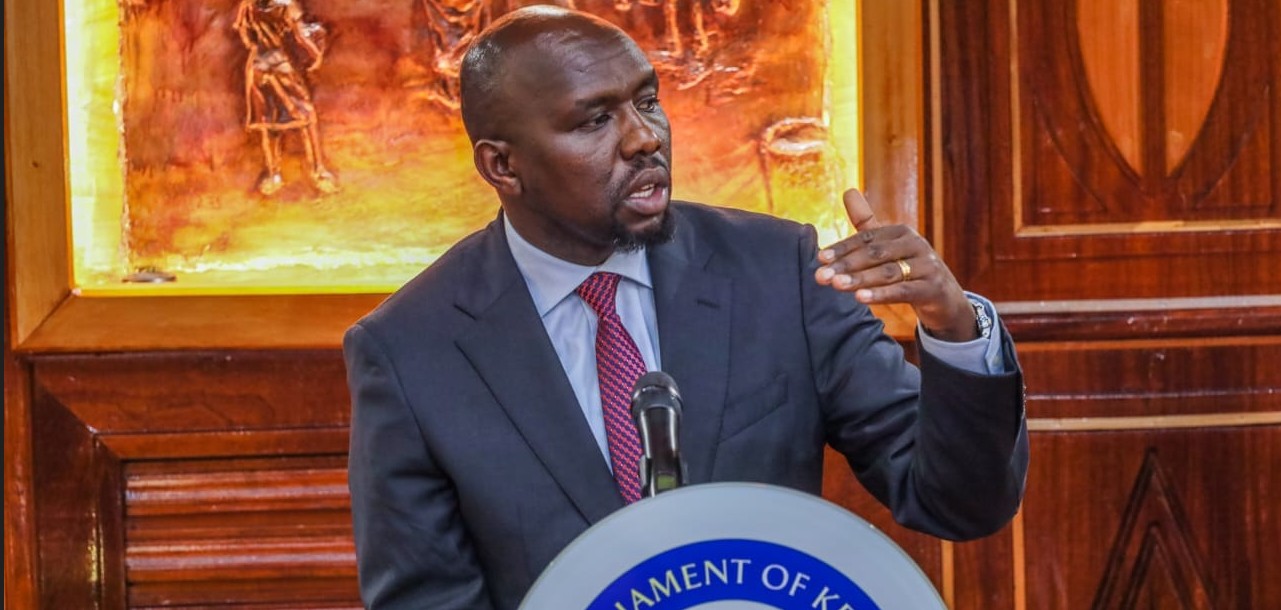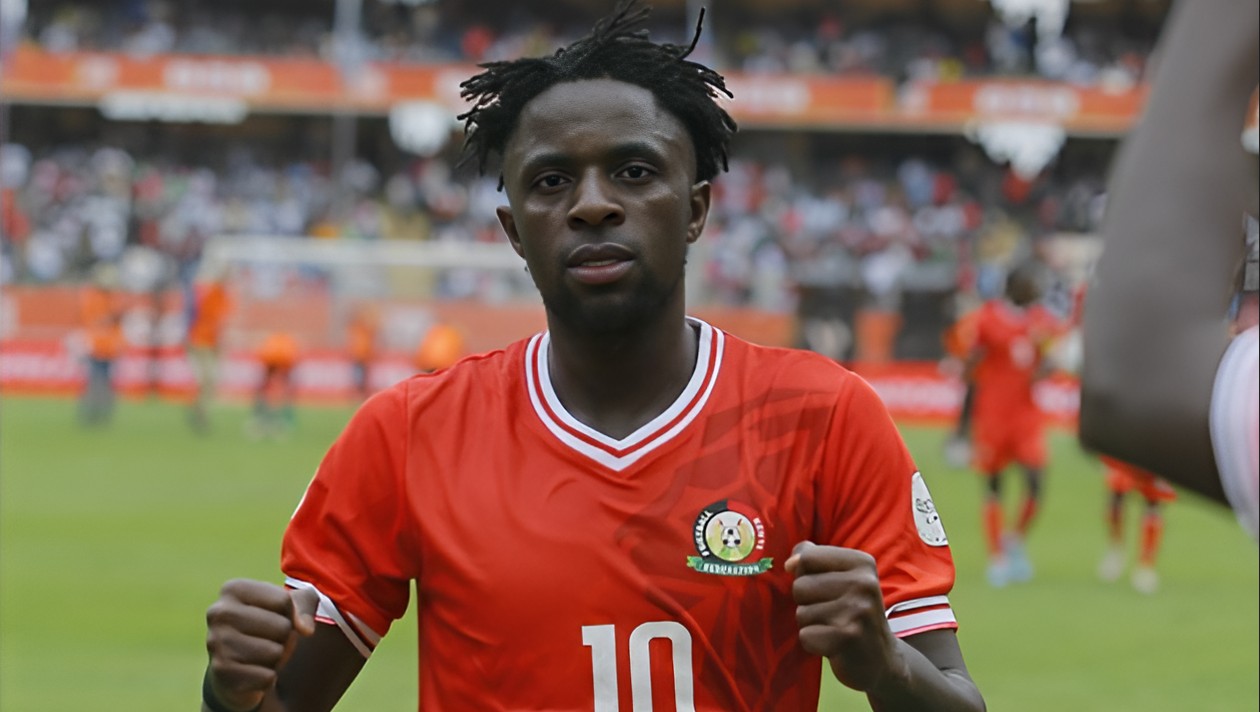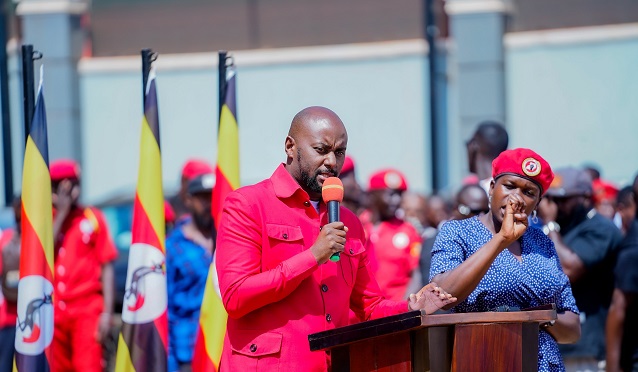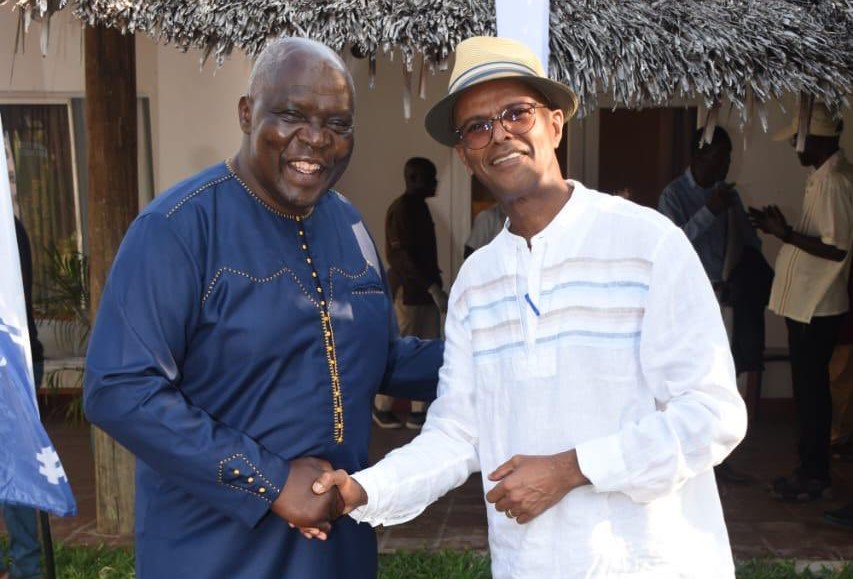AU appoints Burundi’s President Ndayishimiye as special envoy to troubled Sahel region
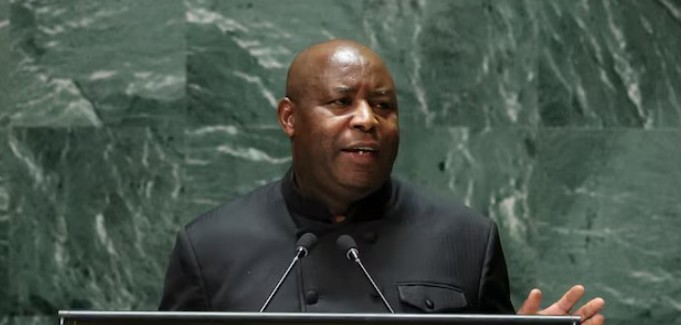
His mandate includes deepening engagement with governments, civil society, regional organisations, and key opinion leaders to advance "comprehensive strategies toward durable peace and stability."
In a strategic move highlighting growing concern over the Sahel’s escalating crises, African Union Chairperson and Angolan President João Lourenço has appointed Burundian President Évariste Ndayishimiye as his special envoy to the region.
The appointment, announced Thursday in Luanda and relayed via the AU headquarters in Addis Ababa, signals the continental body’s renewed push to reinvigorate diplomatic engagement in one of Africa’s most unstable regions.
More To Read
- African Union urges members to make bold decisions to transform agricultural sector
- EAC, SADC agree on unified framework to speed up peace process in eastern DRC
- African Union welcomes signing of deal between DRC, M23 to end war
- AU mid-year summit in Malabo renews push for regional integration amid lingering divisions
- AU Council calls on troop-contributing countries to step up Somalia security support
- AU Peace and Security Council meets to discuss Somalia security, AUSSOM funding
"The Chairperson of the African Union is most grateful to H.E. President Évariste Ndayishimiye for accepting this strategic political assignment in the collective interest of the Union," read the official communiqué issued by the AU Information and Communication Directorate.
Already serving as the African Union’s Champion for Youth, Peace and Security, President Évariste Ndayishimiye is now expected to lead high-level diplomatic efforts to help stabilise the Sahel.
His mandate includes deepening engagement with governments, civil society, regional organisations, and key opinion leaders to advance "comprehensive strategies toward durable peace and stability."
Complex web of crises
Ndayishimiye’s appointment comes at a time when the Sahel is grappling with a complex web of crises, including jihadist violence, political upheaval, climate-driven displacement, and eroding public trust in both national governments and international peace initiatives.
Once hailed for democratic progress, Burkina Faso, Mali, and Niger have all undergone military coups since 2020, with mounting resentment toward Western involvement and humanitarian actors.
Against this backdrop, the AU appears to be placing its hopes in Ndayishimiye’s political experience and Pan-African credentials to inject fresh momentum into its faltering “Silencing the Guns” initiative.
"President Ndayishimiye brings with him very rich political experience, and impeccable credentials of resolute commitment to Pan-Africanism, regional integration and cooperation," the AU statement noted.
Whether Ndayishimiye’s diplomatic stature will translate into tangible progress remains uncertain.
As special envoy, he steps into a highly complex landscape marked by fractured regional alliances and a weakening African Union presence, with the AU’s Mission in the Sahel (MISAHEL) facing reduced influence amid a shifting security environment dominated by Russian-backed mercenaries and emboldened anti-Western juntas.
Nonetheless, AU Chairperson Lourenço struck an optimistic tone.
"This appointment is to foster the African Union's drive to permanently silence the guns and promote peace, security, stability, and political dialogue in the Sahel region."
Top Stories Today
